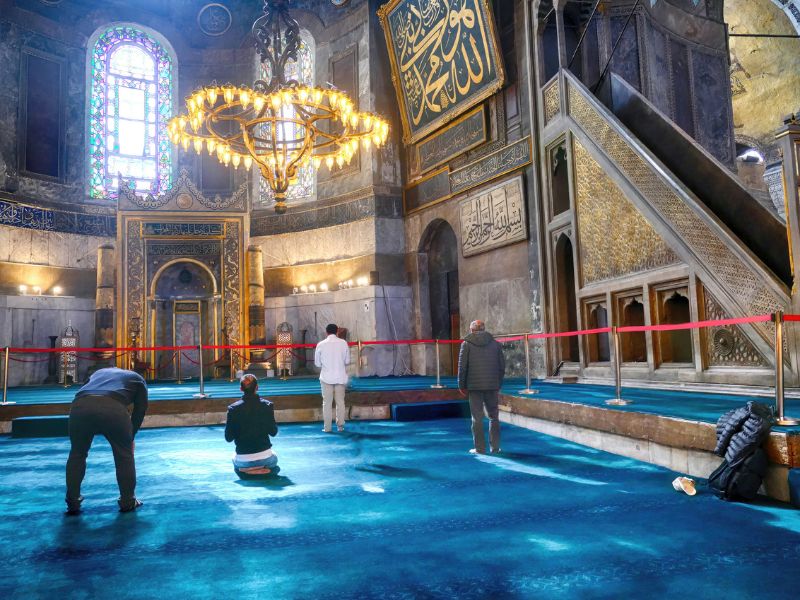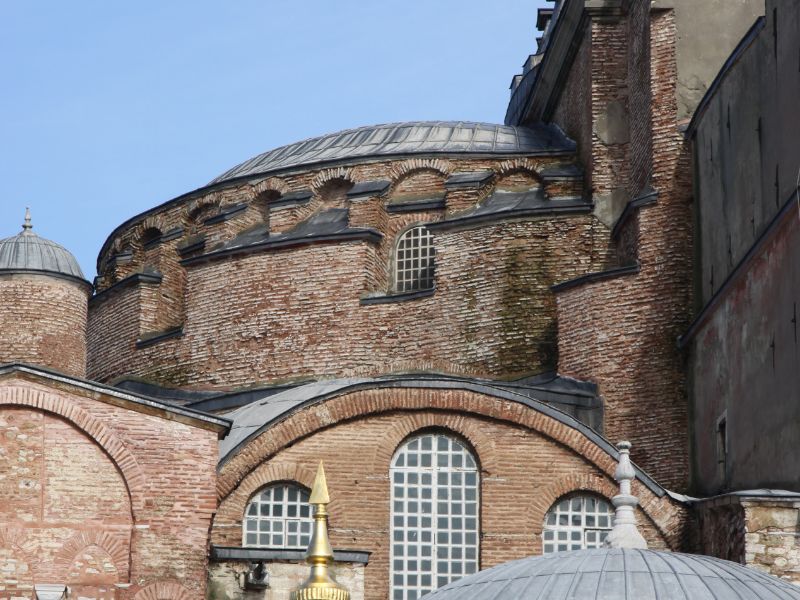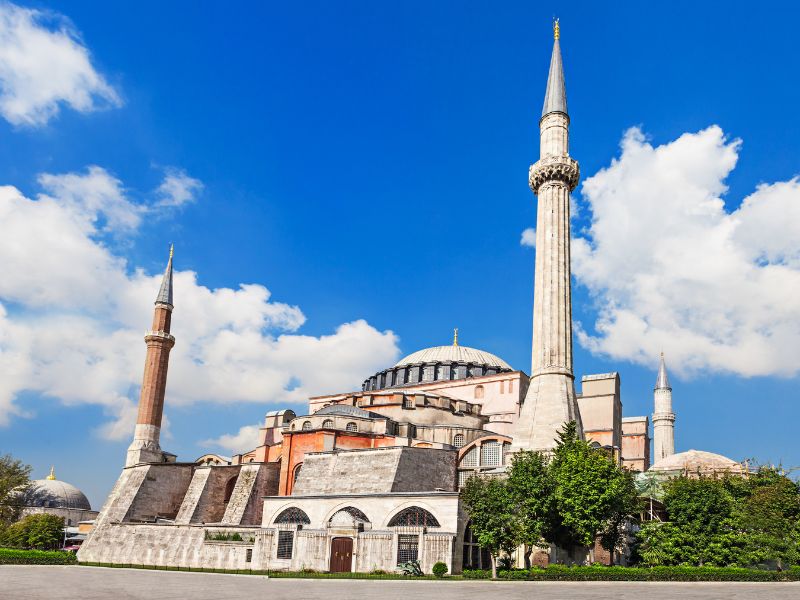A social media storm has ensued following the Turkish government’s surprising decision to transform Istanbul’s distinguished Hagia Sophia back into a mosque. The decision has drawn diverse reactions both domestically and internationally.
On Friday, Turkish President Recep Tayyip Erdogan declared that the remarkable monument, originally categorized as a museum, would revert to its religious role following a high court ruling. The court judgment nullified a 1934 council of ministers’ decision, which had converted the Byzantine-era edifice into a museum, stating, Hagia Sophia’s property deed identifies it as a mosque.
Hagia Sophia, constructed as a cathedral during the Christian Byzantine Empire, was converted into a mosque following the Ottoman Empire’s conquest over Constantinople in 1453. The structure, nestled in the historical heart of the city, is a UNESCO World Heritage Site and a global tourist magnet, regularly hosting millions of visitors.
The recent decision starkly underlines the ongoing tension between secular and religious Turks within the country. Erdogan, known to have consistently backed the cause of the mosque conversion, has been met with a deluge of divided opinions on social media.
While some users hailed the decision as a triumph for Muslims, others expressed disappointment, contending that the World Heritage Site should have remained neutral. Some argued that the transformation is a symbol of Turkey’s shifting stance away from secularism.
A few commentators even invoked other global issues in response to this decision, suggesting that worldwide priorities needed recalibration. The conflicting reactions on social media to Hagia Sophia’s transformation underscore the continual intersection of history, religion, and politics on the global stage.




